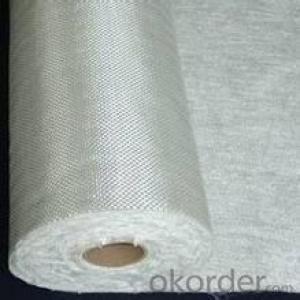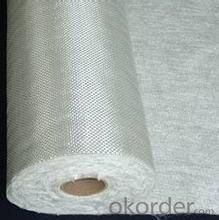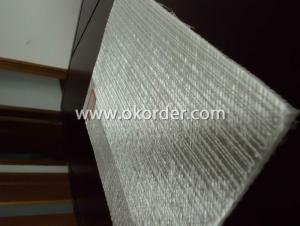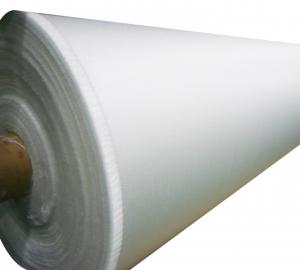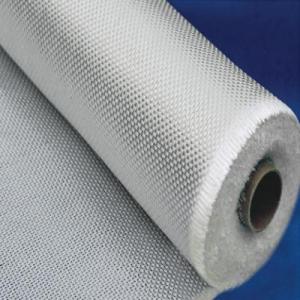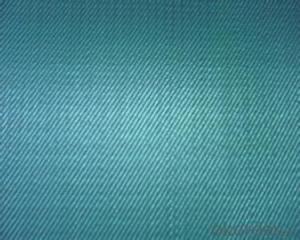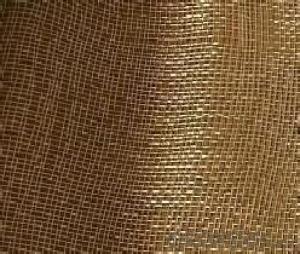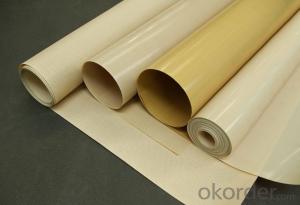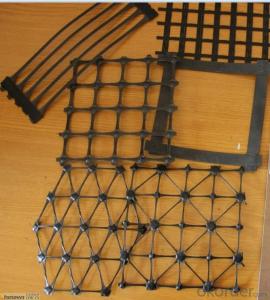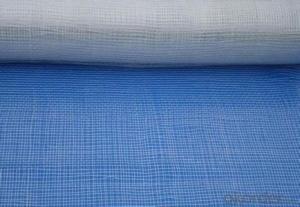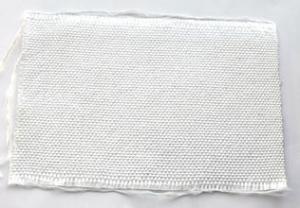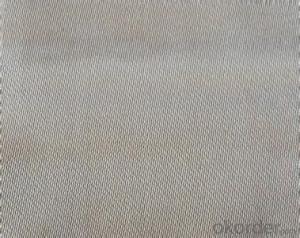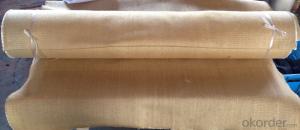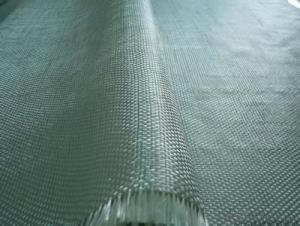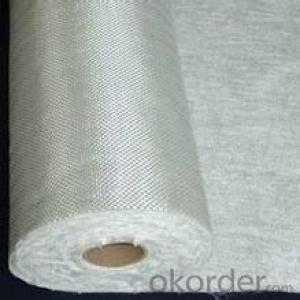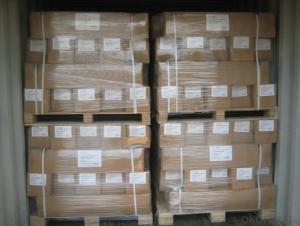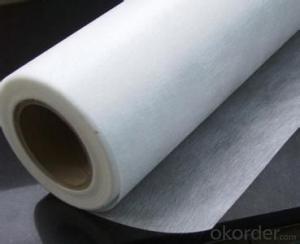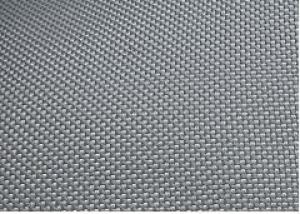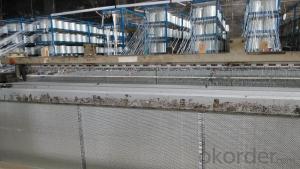Fiberglass Fabrics Silica Fiber Glass Cloth
- Loading Port:
- China Main Port
- Payment Terms:
- TT OR LC
- Min Order Qty:
- -
- Supply Capability:
- -
OKorder Service Pledge
Quality Product, Order Online Tracking, Timely Delivery
OKorder Financial Service
Credit Rating, Credit Services, Credit Purchasing
You Might Also Like
Quick Details
| Place of Origin: | Brand Name: | Model Number: | |||
| Application: | Weight: | Surface Treatment: | |||
| Width: | Weave Type: | Yarn Type: | |||
| Alkali Content: | Standing Temperature: |
Packaging & Delivery
| Packaging Detail: | 50m/carton |
| Delivery Detail: | about 20days |
Specifications
1. High silica glass fiber cloth.
2. High temperature resistance.
3. Instant working temp.: 1400C degree
- Q: How does fiberglass fabric perform in cryogenic applications?
- Fiberglass fabric performs well in cryogenic applications due to its excellent thermal insulation properties and resistance to extreme cold temperatures. It maintains its structural integrity and does not become brittle or lose its strength when exposed to cryogenic conditions. Additionally, fiberglass fabric has low thermal conductivity, which helps to minimize heat transfer in cryogenic environments.
- Q: Can fiberglass fabric be used for heat-resistant gloves?
- Indeed, heat-resistant gloves can utilize fiberglass fabric. Fiberglass possesses exceptional heat resistance characteristics, rendering it an optimal substance for gloves employed in high-temperature settings. This fabric exhibits the capacity to endure extreme heat without succumbing to ignition or melting. Moreover, fiberglass fabric boasts a lightweight and pliable nature, enabling comfortable usage while simultaneously providing defense against heat-related hazards. However, it is crucial to recognize that gloves constructed from fiberglass fabric may not be appropriate for handling open flames or direct contact with heated surfaces due to the material's potential for heat transfer via conduction. Consequently, it is advisable to opt for gloves specially designed for the intended heat application.
- Q: Are there any specific safety precautions to consider when working with fiberglass fabrics?
- Yes, there are specific safety precautions to consider when working with fiberglass fabrics. Fiberglass can release tiny, sharp fibers that can irritate the skin, eyes, and respiratory system if inhaled. Therefore, it is important to wear protective clothing, gloves, goggles, and a mask to minimize exposure. Additionally, working in a well-ventilated area or using proper respiratory protection is recommended to prevent the inhalation of any airborne fibers.
- Q: XHJ how about neoprene asphalt waterproof coating?
- Will the barrel stir, then pour in the pail with oil gun construction.
- Q: Can fiberglass fabric be used for insulation in data centers?
- Yes, fiberglass fabric can be used for insulation in data centers. It provides excellent thermal insulation properties, helping to regulate temperature and prevent heat buildup. Additionally, fiberglass fabric is lightweight, non-combustible, and offers good sound absorption, making it a suitable choice for data center insulation.
- Q: How does fiberglass fabric perform in terms of dimensional stability?
- Fiberglass fabric offers excellent dimensional stability due to its inherent strength and rigidity. It is resistant to stretching, shrinking, and warping, making it an ideal choice for applications where maintaining shape and size is crucial.
- Q: Can fiberglass fabric be used for making protective sleeves?
- Yes, fiberglass fabric can be used for making protective sleeves.
- Q: Is fiberglass fabric resistant to chemicals in laboratories?
- In laboratories, fiberglass fabric is generally known to be resistant to chemicals. Fiberglass, a synthetic material composed of fine glass fibers, is recognized for its exceptional ability to withstand chemicals. It exhibits high resistance against acids, alkalis, solvents, and other chemicals commonly used in laboratories. This chemical resistance makes fiberglass fabric an appropriate choice for various applications in labs where exposure to chemicals is a concern. However, it is important to acknowledge that the actual chemical resistance of fiberglass fabric may differ depending on the type and concentration of the chemicals being dealt with. Therefore, it is always advisable to refer to the manufacturer's specifications or seek advice from experts to ensure that fiberglass fabric is compatible with specific chemicals in a laboratory environment.
- Q: Can fiberglass fabric be used for heat-resistant blankets?
- Yes, fiberglass fabric can be used for heat-resistant blankets.
- Q: Can fiberglass fabric be used for insulation blankets?
- Yes, fiberglass fabric can be used for insulation blankets. It offers excellent thermal insulation properties, is resistant to high temperatures, and is commonly used in various industries for insulation purposes.
Send your message to us
Fiberglass Fabrics Silica Fiber Glass Cloth
- Loading Port:
- China Main Port
- Payment Terms:
- TT OR LC
- Min Order Qty:
- -
- Supply Capability:
- -
OKorder Service Pledge
Quality Product, Order Online Tracking, Timely Delivery
OKorder Financial Service
Credit Rating, Credit Services, Credit Purchasing
Similar products
Hot products
Hot Searches
Related keywords
